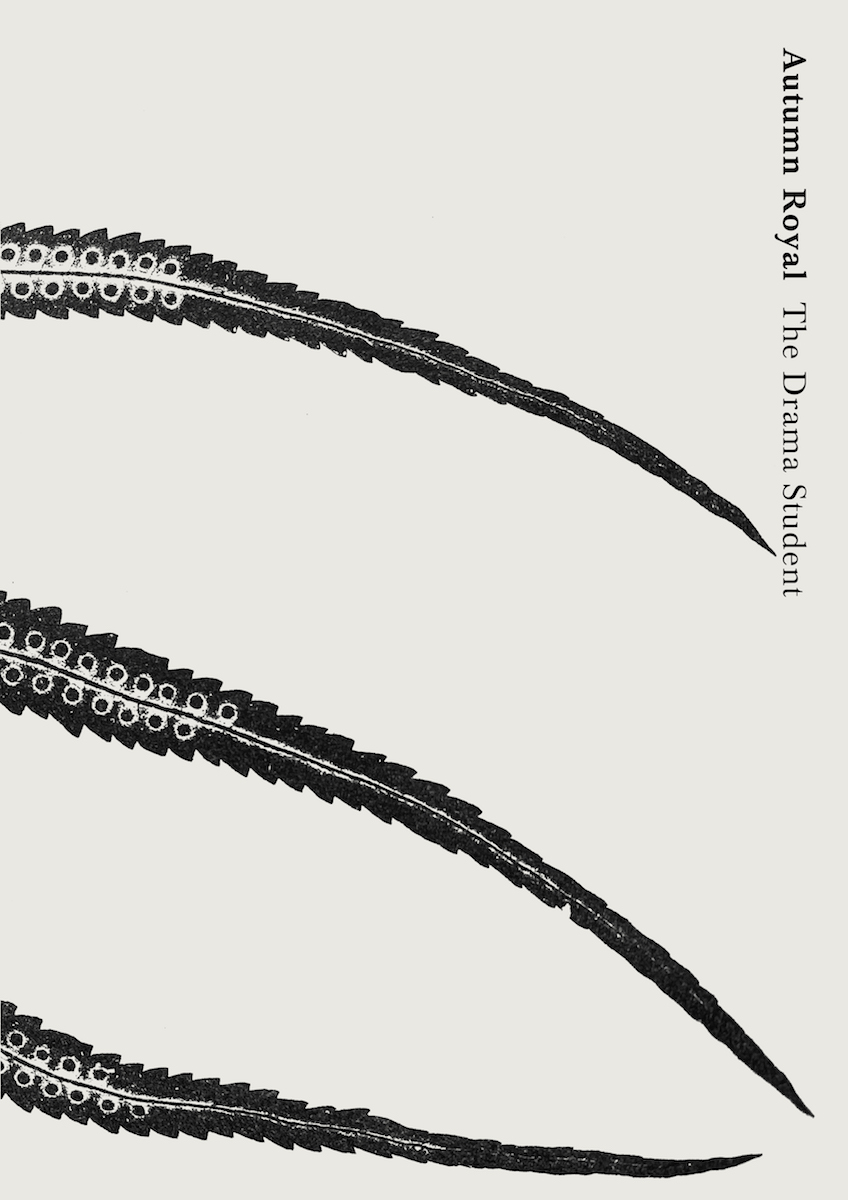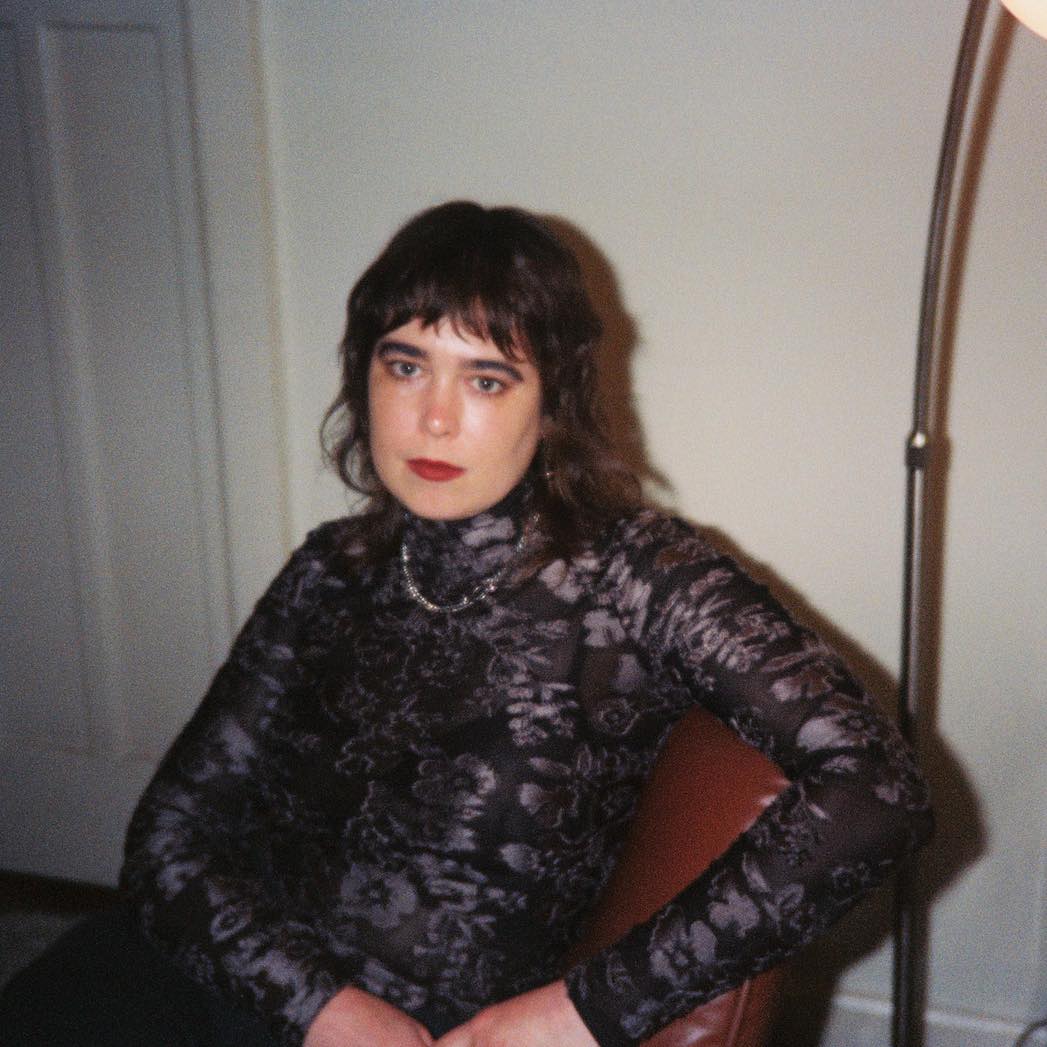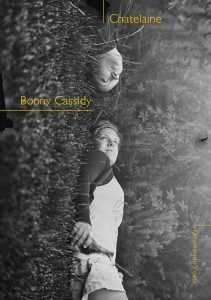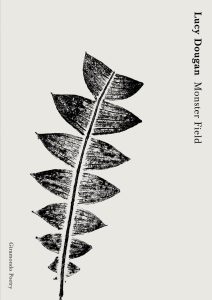Basket

The Drama Student
Intense, dramatic, theatrical – an important new poetry collection which draws its strength from its confrontation with grief and mourning.
As its title suggests, the poems in Autumn Royal’s The Drama Student explore theatrical responses to life. And in particular, the staging of the emotional life. The subject, a student of experience, and a writer with an uncertain future, feels her vulnerability and dependency. Grief is paramount among her emotional responses, provoked by hauntings of violence, the death of loved ones, the failure of relationships, the disappointment of her aspirations. The great fear: ‘I am threatened / with an exceptional ability and no means / of expression.’ The theatre provides those means, the expressive gestures, the subversion of typecast roles, the transformation of domestic objects into props for the performance of self, and the richness of language. Royal’s use of the elegiac form offers no answers, only the hope of tearing open conventional understandings of loss and insecurity, as it invokes a tradition of women poets and thinkers.
SHORTLISTED: QLD Literary Awards – Judith Wright Calanthe Award for a Poetry Collection 2023
SHORTLISTED: Prime Minister’s Literary Awards – Poetry 2024
In its mastery of atmosphere and implication, The Drama Student belongs to a lineage that includes poets such as Robert Browning, Sylvia Plath, and Emma Lew. It is a learned book, deeply embedded in a literary history of lamentation that culminates in the citational bravura of its concluding prose poem, ‘Soliloquy’. The density of allusions in Royal’s work is emblematic of a generosity it extends not just to other writers, but also to the reader in recognising the excess and violence that often characterise the life of our emotions.
Judges’ comments, Prime Minister’s Literary Awards
Cleverly conceptual, The Drama Student elucidates the complications of relationship, aspiration, rejection, and grief. Autumn Royal’s adroit irony performs a critique of the patriarchal tendency to downplay the emotional in art. The final epic ‘Soliloquy’ is a signature culmination of the book’s poetics, with its citational techniques augmenting a nuanced feminism.
Judges’ comments, Queensland Literary Awards
Mined from experiences of love, loss and mourning, Autumn Royal’s poems appear shining…Each poem is an event, and the poet watches it unfold, splitting into both observer and observed…Royal directs attention to our own culpability as actors in a calibrated performance. This book is from an emerging voice already mature.
Mani Rao
Autumn Royal is unafraid to spark light in the darkest of places.
Maria Takolander
Royal’s actress-protagonist, who may or may not be a care-worker, a ghost, or Valerie Solanas, is lyrically, forensically exact as she stalks the crime scene of her own exclusion and orbits the centre of the frame in which she has yet to appear. And yet, in the periphery, a femme, florid, floral alternative keeps edging impudently into view. …This poetry suggests there exists a garden where actress, assassin or poet may warm her ghostly hand upon the flushed camelia, where the most loyal fans among us soon may gather for the final, spectacular act.
Joyelle McSweeney
Weird and thoughtful reflections on what it means to adopt a role, and what that might mean for the construction of self…[The Drama Student is] accomplished and interesting…from a poet with a distinct way of expressing her perspective.
Chris Arnold, Australian Book Review
Royal’s subversive use of acting and the stage as analogues of grief … challenges the mourning woman’s troubling inheritance. Internalised pain is metabolised into theatre, the attention is changed, charged… Royal refuses grief’s relegation to funerals and other socially acceptable spaces to mourn. Instead, she recognises grief’s tradition as a means to connect, share, and express together.
Panda Wong, Cordite




